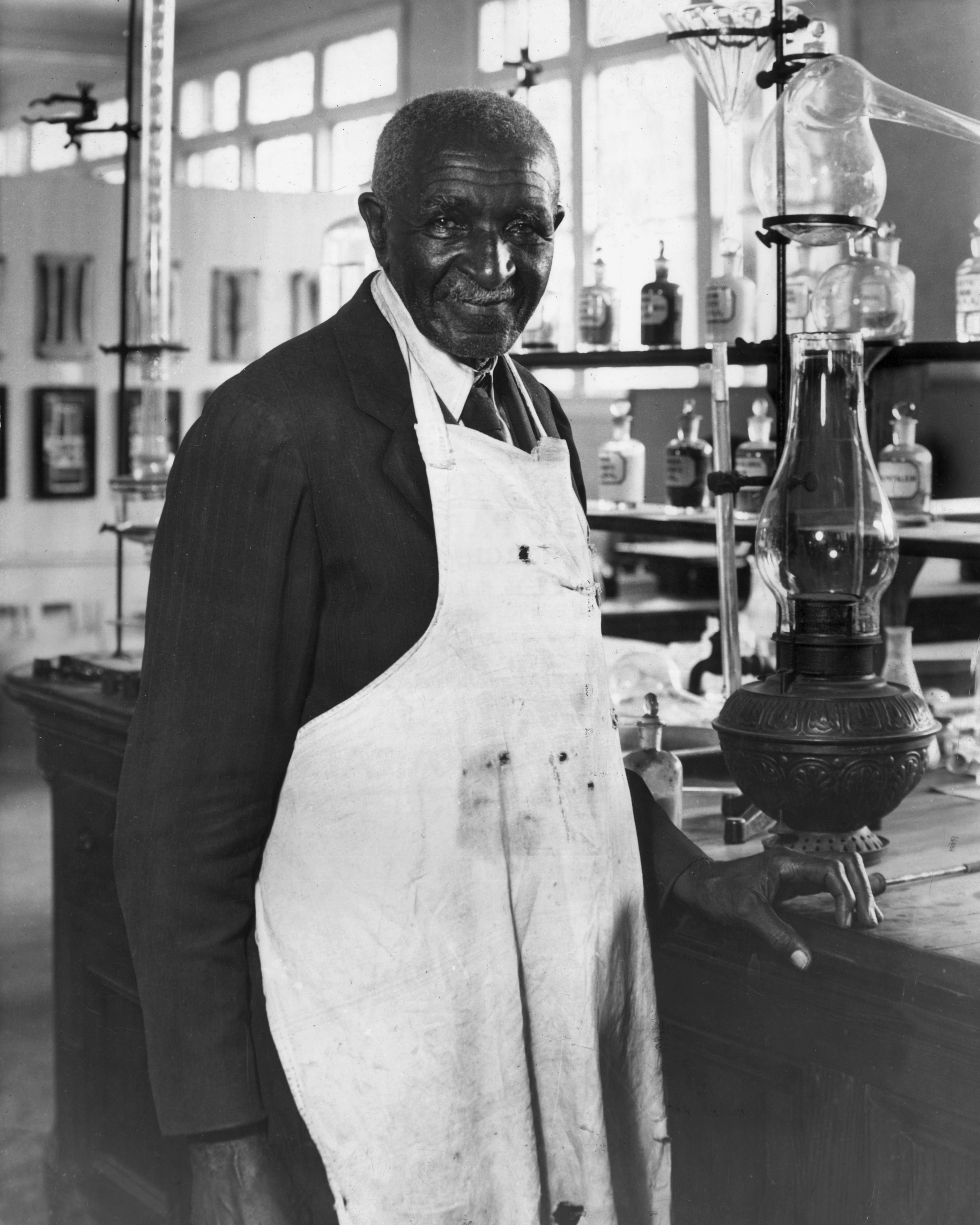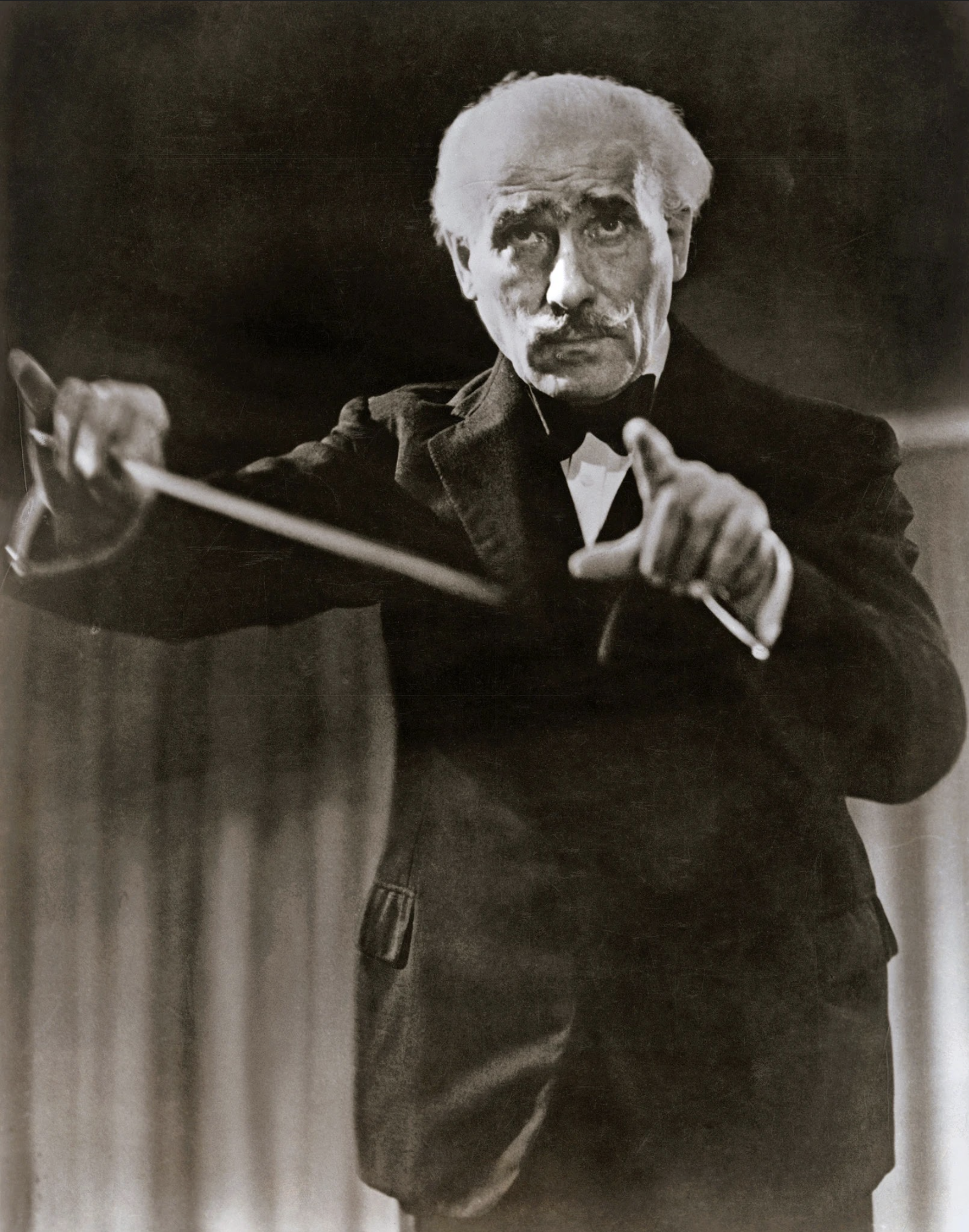Sheila Pepe
It’s Friday, Trump’s defense team is up at the podium and I am in my studio.
They say things that I will only hear by reading tweets on my laptop. I can’t stand it. Their consistent reversal of facts in evidence is alarming. I’m not even sure they know where they are. Is their stupidity real or performed for the trump people? The parallax is insane.
Watching ignorance manipulated by those in power is tragic, dangerous, criminal. I think it’s worse than observing ignorance in a powerful person, alarming as that may be.
*****
I wonder if anyone reading this remembers the US FCC Fairness Doctrine and when it was dismantled and by whom. Here is the wiki Link. (Will you doubt the veracity of the account its leads to? I always wonder.) Either way, it’s pretty easy to find accounts that document the doctrine’s demise in 1987. We would all do well to think about what the re-implementation of this doctrine would do for us now. It’s not that we don’t have enough options, as in the past. Its truly because both voices would have to show up in the same “broadcast space.” As citizens I think we need it, but as artists even more. If we think we are about making meaning first, and participation in the market a secondary necessity, then we need a more robust interrogation of our own thinking. No more huddling under the tent of continental philosophers and righteous politics.
Maybe you dismiss the aims of any “fairness doctrine,” arguing that it’s impossible, given the ambient forces of white, capitalist, Eurocentric, colonizing, American exceptionalism at play.
Before dismissing, I’d ask what kind of epistemological inquest are we willing to do in our own minds to contest those forces. What forms of history, archeology, and new science will we embrace? Can we accept that our ideas come from philosophies intentionally found as well as unintentionally absorbed? What kind of energy will we exert embracing productive doubt?
In May of 1940, while Germany was blitzing its Krieg through Belgium and the Netherlands, the New York Supreme Court ruled that New York state, and the city of New York could “un-invite” Bertrand Russell from the teaching faculty at CUNY. Among the reasons were that he was immoral, an atheist and not America. “What I Believe,” a small book he published in 1925 was used against him during the trial.
I read the book. Despite the historic limitations apparent in some of his thinking, I find the voice of a feminist and anti-racist, as well as a pro-sex, pro-queer, socialist. Perhaps what I like best is that the ethical stance is offered as a proposition for agreement, rather than an all-inclusive prescription. Russell traces his thinking in plain language without creating a new secular catechism. His ethics are expressed as “the good life– one inspired by love and guided by knowledge.” What is more, he opens the text in a 20th century Physics/ Neo-Lucrecian space and makes the effort to remove superstition as a life guiding principle. It sounds pretty “white,” to these Catholic ears, but I’d ask who among us would prefer to have any one group’s superstition rule our common ground? What is key, is there is no attempt towards envisioning the perfectly correct human, instead he seems work to toward broad, collective human wellbeing by removing obstacles from that pursuit.
Few people I know speak of Bertrand Russell. I wonder what would have happened if he stayed in New York, if the Anglican and Catholic churches hadn’t backed his expulsion. I’ve never seen Russell, or any Anglo-American philosopher read in a serious Art/ Art History environment. Am I just old? I found Russell because I love Wittgenstein’s “Philosophical Investigations” and because of Russell I will read some Hobbes and AJ Ayers and arrange their ideas in various sets of resemblances that I’ve started with John Locke, Thomas Paine, Thomas Jefferson, not to mention Hamilton, Madison and Jay. I won’t read them because I think they will be marvelous. I will read them because they’ve been omitted, because I can’t just add more marginalized voices to save me from my own North American assumptions. I don’t think any North Americans with immigrant ancestors can move on with justice unless we look at our founding philosophies.
I grew up in a home that barely read. I read at school, poorly. The the first two biographical book reports I remember writing in the 2nd or 3rd grade, in the 1960s where “Arturo Toscanini” and “George Washington Carver.”– two pages each of big handwriting, with construction paper covers supporting the pictures I drew. One had a big black baton ( that now I’m sure looked like something else) , the other a huge brown peanut. I hole-punched each report and laced with care. I’m grateful to have been armed against the hegemony of Rip van Winkle and Johnny Appleseed, but somehow being put on a path of hyphenated identity kept me from seeing the home brew waiting at the bottom of the melting pot. At least I knew there was a pot, I don’t think my anglo pals had any idea.


top: George Washington Carver. Credit: Wikimedia Source
bottom: Arturo Toscanini. Credit: Bettmann Archive, via Getty Images